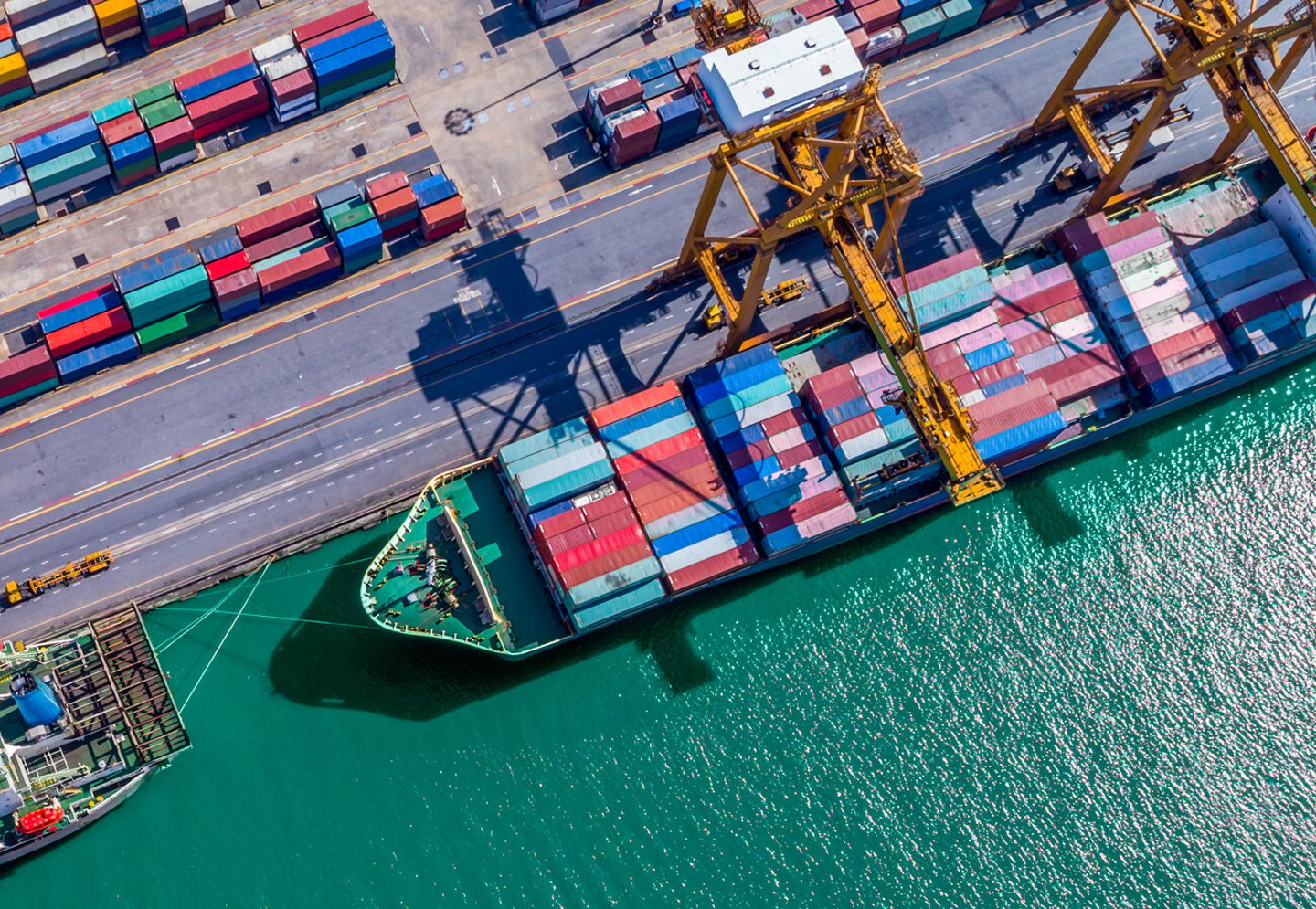Time growing short to avoid labor disruptions at East Coast, Gulf ports
Retailers are urging parties to return to the negotiation table to avoid a potential strike that could disrupt operations at 36 ports on the U.S. East and Gulf Coasts just as the peak retail season approaches.
The Sept. 30 expiration date for the master port labor contract between the International Longshoreman’s Association (ILA) and the United States Maritime Alliance (USMX) is rapidly approaching, with little positive progress being reported, warned the Retail Industry Leaders Association. The ILA-USMX contract covers 36 ports on the U.S. East and Gulf Coasts, and the ILA reportedly represents over 85,000 workers overall.
More than 13 million containers of import cargo pass through East and Gulf Coast ports each year, plus export containers, automobiles, bulk cargo and more. These numbers can represent as much as 56% of all U.S.-inbound containers in a given month.
Recent signals from the ILA suggest the union has tabled the issue for another month and is preparing its members to strike.
“A strike along our East & Gulf Coast ports would present only a significant logistical challenge for retail supply chains, but could endanger the U.S. economy, as well,” stated RILA. “It’s unclear why, with weeks to go before the contract expiration, the ILA is now turning its attention to strike planning rather than returning to the negotiating table to work toward a resolution. This move ignores the enormous economic stakes that are currently at play.”
RILA noted that with holidays and peak shipping season approaching, now is not the time for either party to create another supply chain disruption.
“Particularly with the ongoing Red Sea conflict, extreme weather conditions, and global unrest, a labor stoppage would add yet another layer of uncertainty to retail supply chains, at a time when they are expected to be operating at full capacity to deliver for consumers,” RILA said.
The association is urging both sides to return to the table and restart negotiations in short order. Absent positive developments in the coming weeks, the Biden administration needs to engage both sides and help reach a resolution that averts any labor stoppage at these crucial commerce gateways, Rila said.




